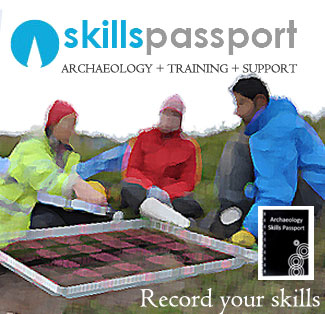Excavation and Lifting Skeleton
Cleaned, photographed, drawn, recorded and carefully lifted, the skeleton is packed in an appropriate, correctly labelled box
Data Entry/Archiving
Essentially this is the creation of spreadsheets or better still, relational database entries for all the paper records (context, finds, samples etc), with indexed photographs and scanned or digitised plans
GIS & Data Management
The creation of spreadsheets or better still, relational database entries for all the paper records, and digital versions of photographs and plans
Finds Processing
Finds are what helps to date a site and provide an idea of the activities that took place.
Environmental Processing
By studying charcoal, seeds and snails (for example) specialists can reveal how people’s lives were influenced by the environment
Fieldwalking Survey
Fieldwalking can be either gridded or transect, you should be able to assist in an organised survey with collected artefacts suitably located, recorded, sorted and cross referenced.
Landscape Walkover Survey
A walkover survey, looks for new archaeological features relating to the occupation or activities over a large area.
Geophysical survey
Depending on the type of survey undertaken, an ability to understand the specific principles to set-up and process field data.
Total Station Survey
Modern sites use either GPS or commonly the Total Station for site survey, grid location, coordinating artefacts or samples, this skill gives you added value when it comes to employment.

